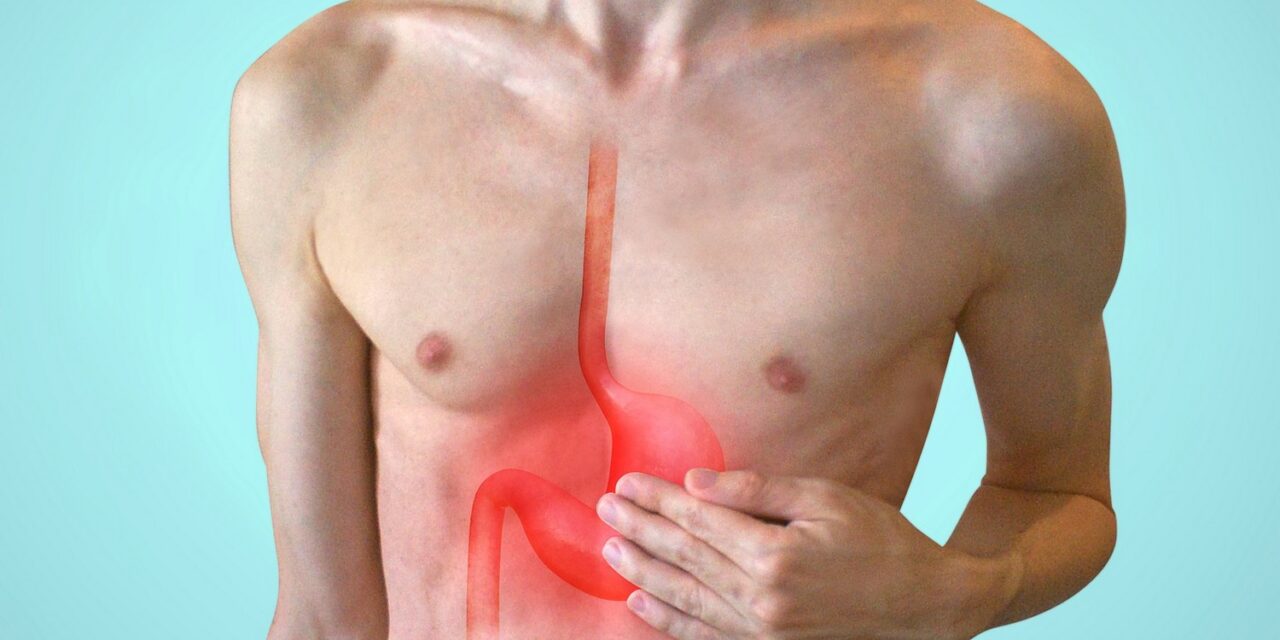After reviewing allergic diseases, I would now like to talk about another popular disease, reflux disease. Reflux disease is a condition in which the backflow of acidic stomach contents into the esophagus damages its mucous membrane, and this results in various complaints and symptoms. Its medical name is gastroesophageal (stomach-esophagus) reflux disease, and its English abbreviation (GERD) can often be found in educational literature.
The disease is very common and its frequency is showing an increasing trend - certainly also thanks to our way of life. We can rightly say that it has become a popular disease.
Although its occurrence varies worldwide, according to the data, it is most common in Western European societies, including North America, with a frequency of between 8-25%. It is rarer in Asia, but there is also a growing trend. Interestingly, as we approach Europe from the Far East, the frequency of the disease increases, thereby supporting the role of food culture in the development of a disease process.
So it is a widespread disease, and we can also add that
during pregnancy, the most common symptom of GERD - heartburn - occurs even more often (25-80%!).
It is also a fact that it is
with advancing age, reflux becomes more and more frequent,
and thus it is already understandable why our grandparents - in the absence of modern medicine at the time - baking soda after a large meal. At the same time, we can also say that due to the nature of the complaints (spontaneous improvement, initially not very strong symptoms), only a small proportion of patients seek urgent medical help.
Obviously, the question arises as to what are the symptoms of reflux.
The main complaint is heartburn, but almost as common is the discomfort around the mouth of the stomach,
which some of our patients identify as discomfort, others as pain, and a smaller number as pressure. And here it is necessary to mention the diagnostic difficulty of reflux, since such a complaint can also be caused by other pathologies (heart, lungs, pleura, chest vessels, other abdominal diseases, etc.) and differentiating them is a medical task.
In addition, acid belching, a burning sensation along the course of the esophagus, an acidic taste in the mouth, but also coughing, wheezing, and even worsening of respiratory asthma can be symptoms.
You should know that complaints can be provoked by certain foods. Fatty meat dishes, chocolate, coffee, strong drinks and sour fruit juices can make it worse, milk and antacids relieve the symptoms. Symptoms can be worsened by bending forward, lifting, tight clothing and lying down.
Special attention should be drawn to alarming symptoms that require immediate or urgent medical attention.
Symptoms with (or without) reflux that require urgent medical care, including endoscopy
- - unrelenting, bloody vomiting
- – other signs of gastrointestinal bleeding (blood in stool, black stool)
- – anemia
- – swallowing disorder, difficulty
- – feeling of food being stuck
- - chest pain
Complications
Although reflux is mostly a mild disease, serious complications can develop if neglected. Inadequately treated chronic inflammation can lead to transformation of the esophageal epithelium, the so-called Barrett's esophagus. It is seen in 5% of the most severe cases and represents an increased risk of esophageal cancer. Chronic ulcerative esophagitis can cause adhesions and thus difficulty swallowing. The cause of upper gastrointestinal bleeding in 10-15% of cases is esophagitis caused by reflux, and this leads to iron deficiency anemia. Reflux disease can be a cause of recurrent respiratory infections with acid aspiration. Damage to tooth enamel can also be associated with reflux disease, its complication can be laryngeal symptoms and it plays a much greater role in the development of pulmonary asthma than we previously thought.
As we have seen, relfux disease is a very common disease with unpleasant complaints, which impairs the quality of life, and which, if neglected, can have serious complications. At the same time, similar symptoms can also occur in other, more serious pathologies, so - especially in the case of the complaints detailed above - you should definitely consult a doctor. However, the good news is that the symptom complex is basically treatable and can be completely cured in most cases. This will be discussed in the next chapter.
Author: Dr. György Temesszentandrasi
Photo: Pixabay












